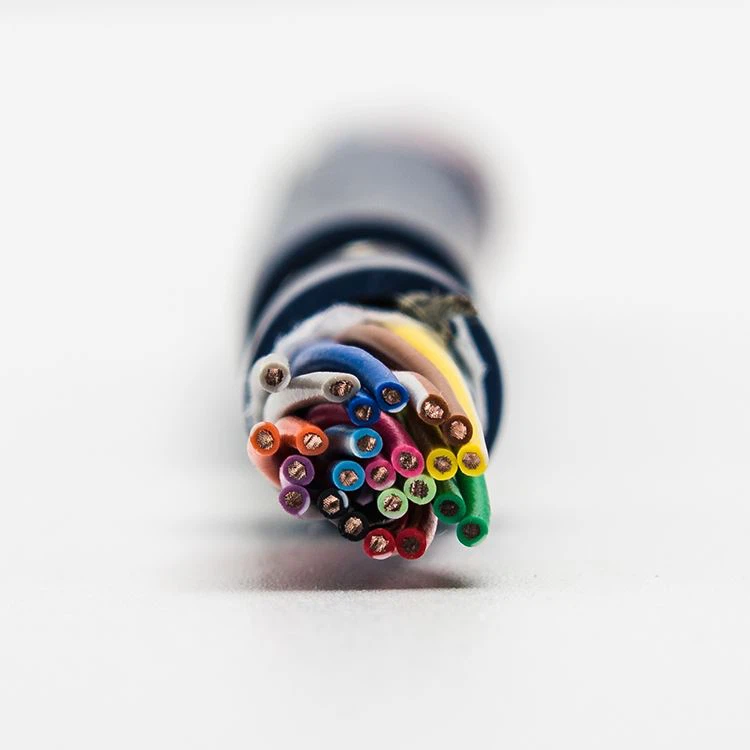Most moms and dads commonly surprised to discover that serious and unusual maltreatment, instance sexual punishment, greatly affects a kid’s brain. But more common, much less extreme types adversity also provide real effects on neurology.
While exactly what pertains to creatures never usually relates to humans, here the conclusions do seem significant. Including, the kind of early care a monkey obtains properly predicts the head chemistry additionally the variety of parent it’s going to become.
Models of mothering tend to be passed on from monkey mummy to child through the particular number of care provided and obtained. Once the daughter of a monkey becomes a mother by herself, the actual quantity of attention she had from the woman mama exactly forecasts just how much she bestows on her very own offspring. Most importantly, quantities of the fight-flight hormonal cortisol cascade down the generations (irregular levels accompanying unreactive attention), and also this additionally pertains to people.
Whenever left in nurseries for very long days, young children might not appear stressed. But their cortisol amounts increase in the day, going additional large throughout mid-day, whereas the cortisol amounts of kiddies home are typically losing at that moment. The issue is less certainly one of whether or not the carer is a biological moms and dad, by whether or not they are a familiar, responsive interracial personals provide individual attention. Whenever small kids remain with highly receptive childminders that have only one or two other people to care for, their cortisol is actually normal.
It is only as problematic for small children if their particular parents are actually with them, but emotionally absent. If parents tend to be alcohol, when inebriated they are certainly not tuned inside child, being prone to increased excitation, irritability or semi-consciousness. Young ones of such parents also have high cortisol levels. The exact same is true if parents tend to be depressed. If a mother is actually despairing, she does not have the ability to focus on the child. Such overlook inside the initial years of the child creates susceptability to large cortisol whenever pressured in later on life.
As with monkeys, this passes by down the years. In big studies, young children whoever mothers were pressured or depressed if the son or daughter ended up being five were most likely to have high cortisol levels if their own mom’s mommy had also experienced these issues whenever she was actually younger.
The sooner and serious the maltreatment, the greater amount of powerful its impact. In a report of 800 kids elderly nine, those people that had experienced severe maltreatment before the chronilogical age of three had been more disrupted as opposed to those that has suffered it aged three to five (but hadn’t experienced it aged nought to three). Your children inside the three-to-five generation therefore had been more disturbed as opposed to those that has only endured maltreatment elderly five to nine. The type of maltreatment in addition expected the kind of future disruption: physically forgotten kids had different outcomes from those actually mistreated. Irregular cortisol degrees followed maltreatment.
Given the common character of maternal depression and inadequate replace maintain toddlers, it really is scarcely unexpected many young children and adults have abnormal cortisol amounts, contributing to a multitude of emotional problems, including ADHD, anxiety and despair. The good news is this particular is actually reversible, like a thermostat that may be changed, in place of hardwired by genes. Moms and dads of small kids can adjust the treatment they offer. People who experienced when tiny can rebalance their unique cortisol levels through treatment.

